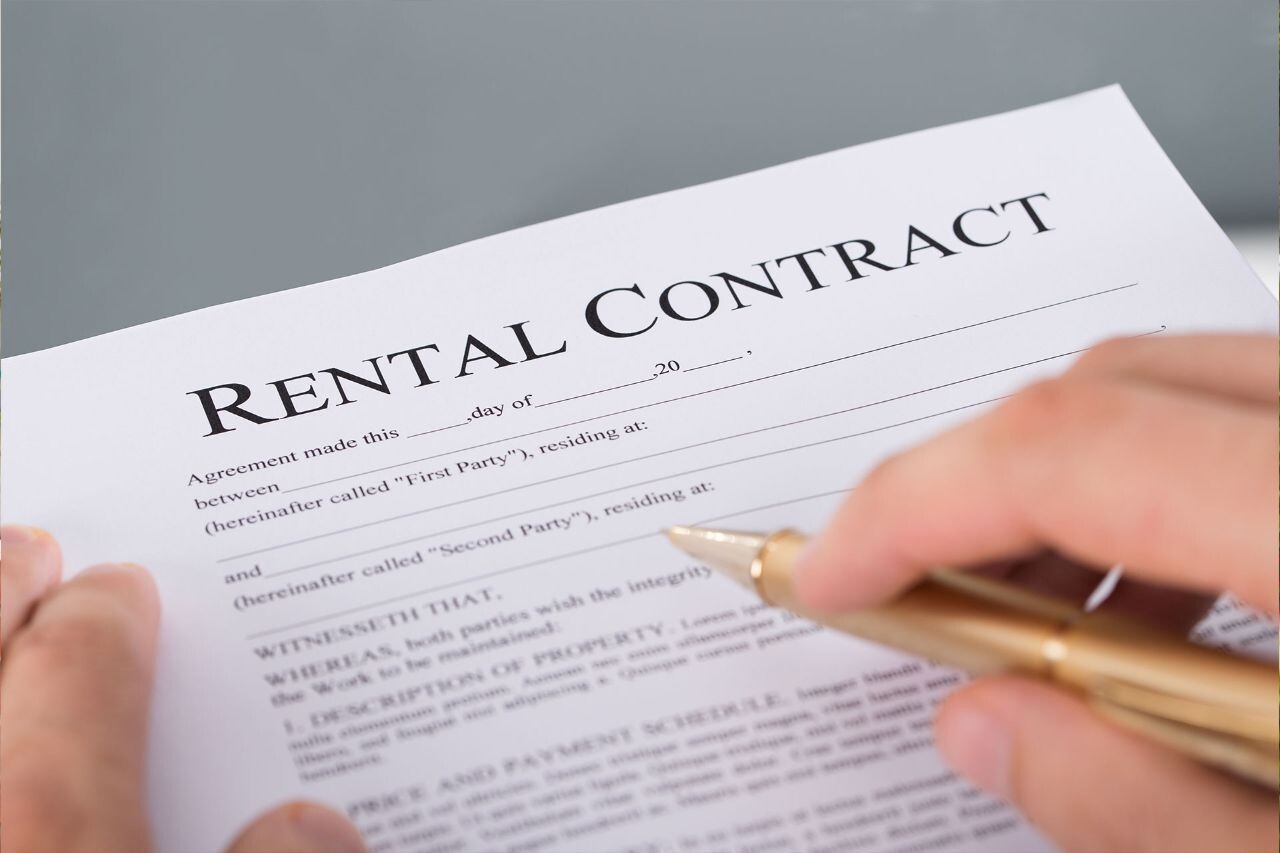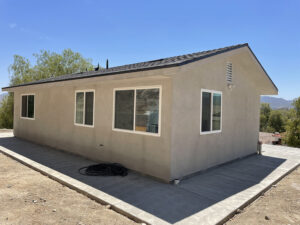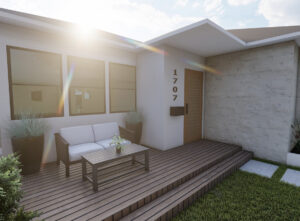As the popularity of ADUs grows, more homeowners are likely to consider renting out an ADU in their home. However, there is a lot to consider when thinking about renting out your ADU. This guide will help you navigate some key considerations and pitfalls that come with renting out your ADU by giving you 10 helpful tips to think about when considering renting out your ADU.
1. Documentation
If you plan to rent out your accessory dwelling unit (ADU), there is a good chance that you are already collecting a host of documents on your renter to comply with fair housing laws. While the rental application and background check process may be similar for renters in an ADU versus renting out living space in your main home, there are some additional considerations specific to an ADU that will affect who you rent to. For example, if you plan to rent out only the ADU, you should make sure the lease agreement states this specifically.
2. Renting Out Your ADUs? Meet your new landlord: Department of Revenue (DOR)
The tax treatment of rental income from an ADU can be a major consideration for those considering renting their ADU. For example, if you live in an HOA community that restricts rentals, you could lose your homeowner’s exemption from property taxes if you rent out the ADU as a separate unit. Oregon law provides the Department of Revenue with broad authority to determine how rental income should be treated for tax purposes, and this decision can affect whether you are exempt from paying property taxes on your main home.
3. Front Yard Parking Minimums
If you plan to rent out a single-family residence, you may need to provide parking on your property. This is a crucial consideration if you live in an urban growth boundary (UGB) area, where property owners are required to provide street parking for all visitors. Your rental agreement should make this clear: renters may need to purchase or rent a parking space from you for their use as needed.
In addition, if the main home on your property has two or more spaces and the ADU only has one, your homeowner’s exemption from property taxes may be jeopardized. In such cases, you will need to fill out a “notice of conditional use” application with your local assessor to get an adjusted assessment for the ADU and avoid losing this exemption.
4. Giving Up Your Legal Right to ‘Kick Out’ a Tenant
If you rent out your ADU, your renter will become a tenant with legal rights. This means that you can no longer legally evict them without going through the proper channels and getting approval from city authorities. For example, if you decide that you want to move back in and kick your tenants out, you will need to prove that the unit is no longer suitable for residential use and sell it as a short-term rental.
5. Insurance
If your ADU is detached from your main residence, talk to your insurance agent or company about how this impacts your homeowner’s policy. You may discover that you need additional insurance in place or that the premium gets significantly higher. This is because an ADU built on your property could present a liability risk. If someone were to trip and fall or get hurt in some way while staying in the ADU, it would not be covered by the umbrella insurance policy for damage to your home or personal belongings.
6. Keeping Out of Trouble with Your HOA
If you rent out your ADU, you become a landlord. This means that even if the HOA forbids rentals in your community, you will still need to follow the rules of your association and ensure that your rental complies with any separate covenants for homeowners’ associations in your neighborhood. Ensure that you have followed all the rules related to parking, building permits, and other attributes of the HOA in your community.
8. Seasonality
If the ADU is only used seasonally or during a specific time period (for example, a guest house for family members visiting from out of town), your renters may not want to get entangled with an HOA. In such cases, ensure that you are following local zoning rules and do not place signage on the property that advertises rentals.
If you live in a condo, planned development, or other type of community where renters are not allowed within certain properties, you’ll need to provide them with an exemption letter from the homeowner’s association.
8. Pets
If your ADU is used as a rental unit, it is extremely important to have a written pet policy in place and include this information in your rental agreement. You need to make sure that pets are not allowed, at least during your renter’s stay. If you rent the space for a week or more but do not allow pets, this could also trigger an HOA fine if renters start keeping pets on the property.
9. Vacation Rentals and Home Sharing
If you rent out your ADU, remember that it must be used as a residence for renters—not as a short-term rental like an AirBnB or VRBO listing, which allows owners to rent their properties for 90 days or more per year. If your ADU is listed on home sharing sites, remove it immediately to avoid a potential lawsuit or fine from city authorities.
10. Final Thoughts
Before renting out your ADU, make sure that your renter’s guest will not get caught up in the bureaucracy of short-term rentals and affect their ability to extend their stay. Also, remember that if you live in a densely populated area with high demand for rentals, your property may be desirable to city officials as part of the housing crisis, and you could be slapped with fines for operating an illegal short-term rental.
If you plan to rent out your ADU, it is extremely important that you follow all the rules and regulations imposed by local authorities. If not, your tenant could be evicted or fined as well as the owner—this means fines for operating an illegal short-term rental and possibly eviction from a landlord who does not follow the rules. If you have any questions, it is best to ask before beginning your ADU rental.







